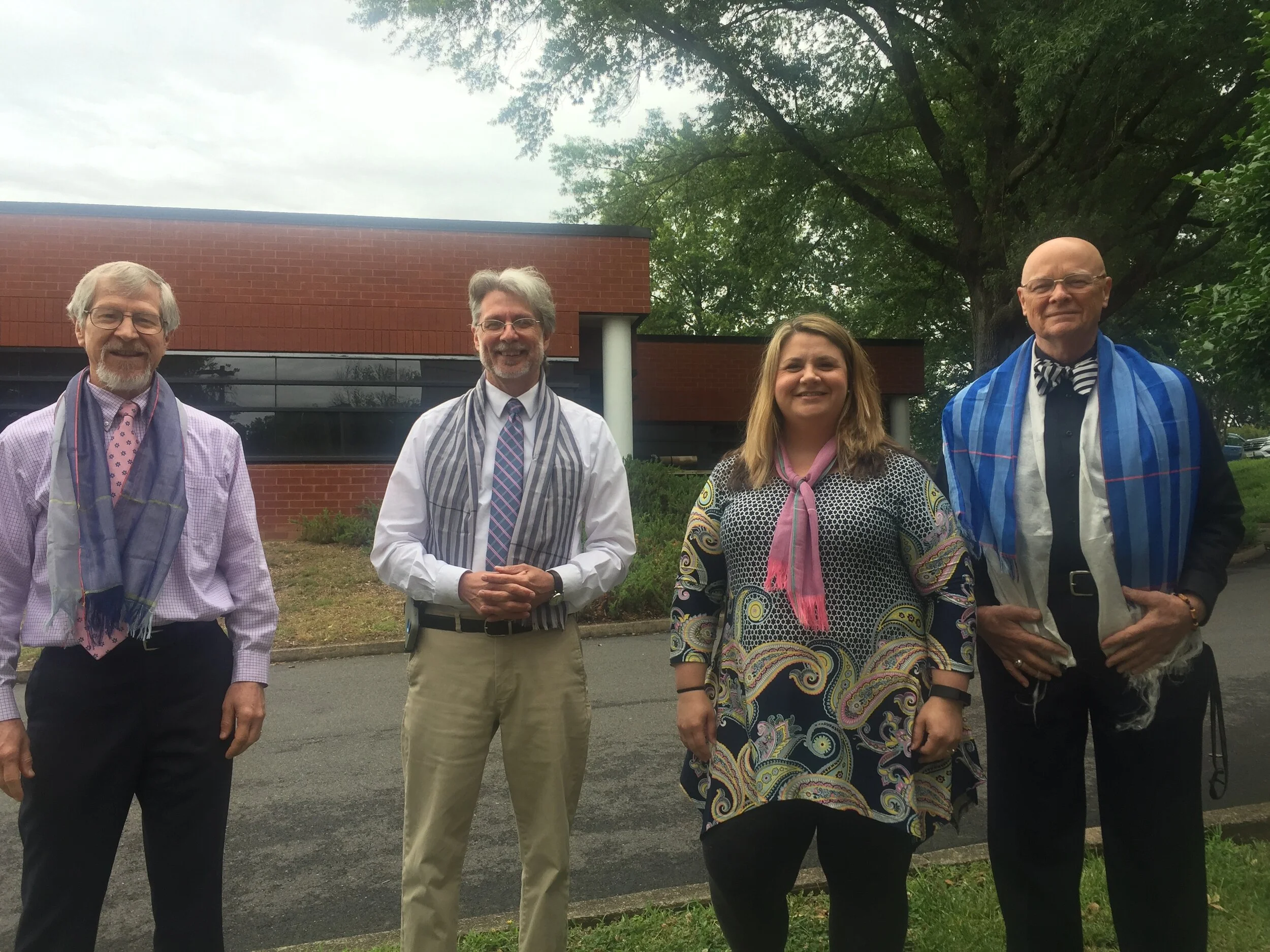by Kristin Long Francisco, LCSW
On March 13th, our world dramatically shifted. Surely, there were some Daniels who saw the writing on the wall and knew that big changes were coming our way. However, maybe many of you were like me and were pretty surprised but then thought, “oh, well, it’s just two weeks and then life will be normal again, no biggie…” But then two weeks turned into four which turned into six and here we are nearly eleven weeks later and life is anything but “normal.” As a dear friend Karen penned, we are not moving toward a new normal but are rather currently living in a new abnormal. And perhaps also like me, you didn’t find those first couple of weeks to be so bad. Yet, as the weeks began to multiply and as we now look out into the future and see no real certainty of how things will be, maybe we’re not finding much joy in this new abnormal.
As I sit with people in my pastoral counseling practice, the main theme I observe is that of weariness. It has become clear that we are no longer running a sprint, we are running a marathon; one major problem though, is that we may have not been training for a marathon! Given this lack of “training” and our living in a new abnormal, our emotional health may suffer. We may find ourselves moving from discouraged to depressed, or from worried to chronically anxious. All of us are experiencing some level of grief and for some, this grief might be the loss of a loved one or the loss of a job. These are hard times for sure!
I have felt drawn to do some research about how those with chronic pain cope and live, despite their pain and I think we have a lot we could learn from them. In his essay, The 5 Coping Skills Every Chronic Pain Patient Needs psychologist Ted Jones talks about combining treatments (surgeries, medications, etc.) with psychological strategies, noting that without some level of emotional preparedness, those in chronic pain do not fare as well. The 5 coping skills he outlines are: understanding, accepting, calming, balancing, and coping. I like this 5 pronged approach and think it might help guide our thinking in how we live in these abnormal times while we run our marathon.
First, understanding. For pain patients, it’s important for them to understand the origin of their pain and some of the basic ways it might be treated or minimized. For us, I’d broadly say that gaining a basic understanding of COVID-19, the number of cases in our area, and how the particular institutions in our lives (work, church, school, businesses) are approaching dealing with the virus is important. It’s my assumption that we all have a basic understanding of the virus and how it has altered our lives by now. Check. Onto skill two.
Second, accepting. Dr. Jones notes: “how the patient thinks about his or her pain is critical to successful outcomes. ‘Catastrophizing’...has been shown to be a predictor of negative pain treatment outcomes.” He also notes that one’s level of acceptance may be different from day to day or even minute to minute but that avoiding “shoulds” is helpful. Of course, these “shoulds” look different for us than a pain patient. Maybe we struggle with: “I should be able to work from home while taking care of my children;” “I should be able to maintain my workout routine, complete the yard work, cook from scratch, get along with my spouse at all times, keep a positive attitude, maintain the same level of professional output as when I’m in the office, etc. etc. etc.” At times these “shoulds” come from comparing ourselves to others--what I might deem the “Pinterest Disorder.” Social media would have us believe that we’re not measuring up but it’s worth reminding ourselves that social media only gives us a part of the story, not the whole story, and every person’s story is different. Acceptance seems to be this delicate balance of letting our feelings and reactions to things “just be,” not judging our feelings (they do after all originate as impulses in the brain), with not sitting in our feelings and thinking of worst case scenarios. Our Christian faith gives us a definite advantage because “hope springs eternal” due to who God is, not how we are feeling or what we are doing: “Let us hold unswervingly to the hope we profess, for he who promised is faithful” Hebrews 10:23.
Third, calming. There will be times, and likely there have already been times, during this pandemic, that we might feel acute anxiety or panic. These are the times that our nervous system goes into overdrive and our “fight, flight, or freeze” takes over and the executive functioning section of our brain is essentially shut down. In those moments, the key is to remind our nervous system that we are not in immediate danger and allow our executive functioning to take back over. One of the simplest ways to do this in the moment is through breathing. The 4-7-8 breathing approach might help. Inhale deeply, into your diaphragm, for the count of 4, hold it for 7 counts, and exhale fully for 8 counts. Repeat. This gives a signal to our brain which slows heart rate, decreases blood pressure, and allows our regular breathing pace returns. One can actually train their nervous system by doing regular practices such as exercise, meditation, and prayer so that it’s easier to calm down when times of acute stress occur. A simple breath prayer of “Be still and know that I am God” works quite well. Psalm 46:10.
Fourth, balancing. With the news changing everyday about what to do or what not to do, it can be very difficult to create a sustainable routine and reach the ever-elusive “balance.” Going back to the basics can be very beneficial: eat at regular meal and snack times; go to bed and wake up around the same time each day; create a flexible but regular schedule with a definite start and end to the work day; try to exercise at least 3x a week; go outside everyday; drink enough water; attend to your prayer life; maintain or create family rituals such as meals together, morning or afternoon walks, Zoom calls with extended family members, etc. For those continuing to physically go into work, creating a ritual for “leaving work at work” before coming home can be helpful; this might look like taking five minutes to pray in your car before entering the house, or taking off your work shoes at work and putting on your recreational shoes before getting into your car to return home.
Fifth, coping. Sitting down and making a go-to list of techniques to use when overwhelmed can be helpful. Such a list has a broad range. Some techniques might be as simple as taking 10 minutes to sit on the deck, or taking a shower to “wash off the day” or starting a gratitude journal to remind you of areas of your life that are stable and good. It’s also helpful to create a list of people and/or organizations you can turn to for support. Some of the people on your list might be those who could offer emotional support and others on the list might be those who can offer physical or financial help when you are in need. At times, it can be beneficial to reach out to your doctor or a counselor; there is nothing shameful in needing extra support.
I pray that as we all move through the new abnormal days, weeks, and months ahead, our community will be a source of comfort and strength. May we “carry each other’s burdens, and in this way fulfill the law of Christ” Galatians 6:2.







